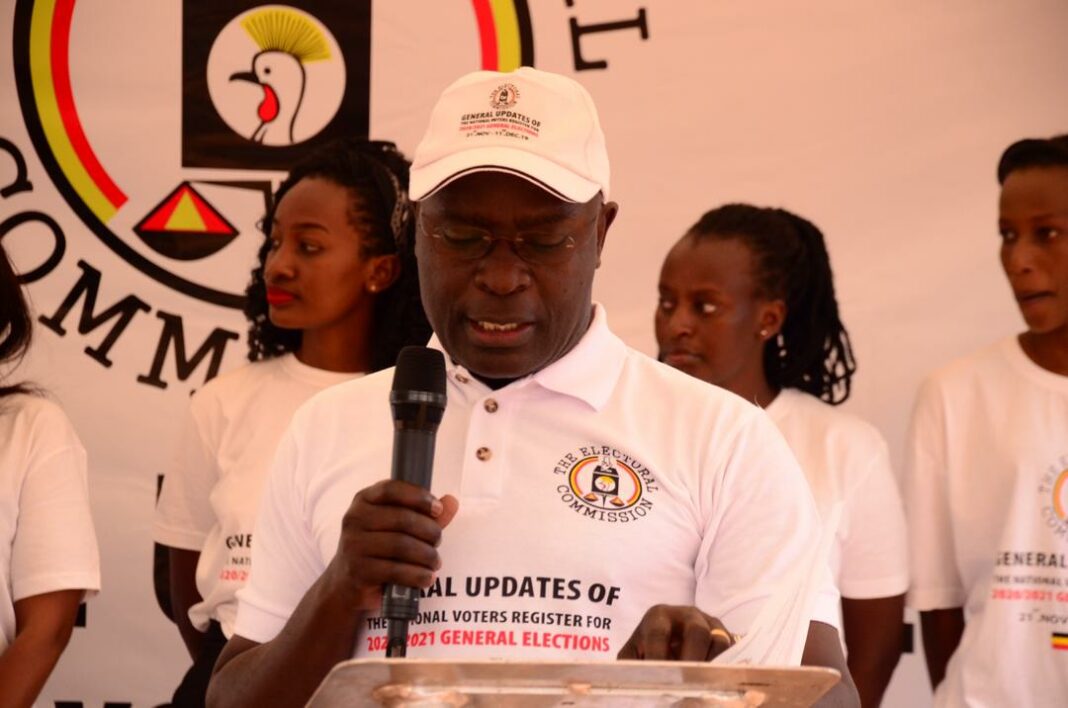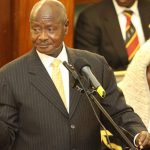The Electoral Commission is undertaking preparatory activities for the conduct of Women Councils and Committees elections (from the village to the national level) 2022, and Administrative Units (LC 1 and LC 2) Elections, 2023.
The current Women Councils and Committees were elected during the period July – August 2018, and the Executive Committee of the National Women’s Council was constituted on 23 – 24 August 2018. According to the National Women’s Council Act, the terms of office of the said Councils and Committees is four (4) years, implying their term will expire in August 2022.
The current Village/Cell (LC 1) and Parish/Ward (LC 2) Committees were elected in July 2018. According to the Local Government Act, the term of office of the said Executive Committees is five (5) years, implying their term will expire in July 2023.
The elections were conducted in a total number of 60,800 villages/cells and 8,387 parishes.
Since 2018, the number of Administrative Units in Uganda has increased and the current statistics as per the Electoral Commission database show 10,259 parishes and 70,512 villages/cells. In view of this, the EC will conduct a verification exercise of all the administrative units across the country from 17th – 26th March 2022.
The purpose of the verification exercise will be to: Confirm that the existing administrative units have been legally created, that is, by Statutory Instrument, to Confirm that the above administrative units are correctly located within their respectful and rightful Sub-county/Town Council/Municipal Division and Parish/Ward, to Confirm that all administrative units’ names as listed, that is, District, Constituency, Sub-county/Town/Municipal Division, Parish/Ward and Village/Cell) are correctly spelt and written, to Identify and harmonize any variance in the database of administrative units, and Recommend for removal a village/cell that may illegally appear on the list of administrative units, that is, existing without a Statutory Instrument.
The Commission will conduct the verification/confirmation of administrative Units in a participatory manner, and particularly in consultation with the respective District/City administrative leadership; Chief Administrative Officer (CAO); Assistant Chief Administrative Officer; Principal Assistant Secretary/Senior Assistant Secretary/Sub County Chief; Town Clerk; and District/City Planner.
The procedure for the verification and confirmation of Administrative Units exercise will be as follows:
Stage 1: Desk Verification Exercise (EC Headquarters and District/City Offices)
a. Request for list of administrative units from the Ministry of Local Government and the respective Districts/City Local Governments for harmonisation with the Electoral Commission database;
b. Comparison of the submitted lists with the Electoral Commission database to confirm the legality of the administrative units, that is, creation by Statutory Instrument;
c. Confirmation of placement of the administrative unit (village/cell) in the respective higher administrative level (parish/ward);
d. Compiling of lists of units of variance for verification and confirmation during the field exercise;
Stage 2: Field Verification Exercise
a. Stakeholder mobilisation and engagement to create awareness on the purpose of the verification exercise;
b. Recruitment and training of verification officials
c. Preparation and production of materials for the verification exercise;
d. Delivery of materials to districts/cities;
e. Conduct of verification meetings at the sub county level;
f. Retrieval of verification returns to the district and finally the Electoral Commission headquarters;
Stage 3: Verification of Returns to produce a harmonised list of Administrative Units
a. Compilation of verified returns
b. Display of the verified and harmonised list at the sub county level;
c. Receiving and hearing any objections against inclusion/omission of administrative unit(s), and determining the complaints arising out of the verification exercise;
d. Publication of final harmonised list of administrative areas;
e. Dissemination of the final harmonised list to stakeholders;
“The verification and confirmation of Administrative Units countrywide is, therefore, a very important exercise in preparation for the smooth organisation and conduct of the Women Councils and Committees and the Administrative Units (LC 1 and LC 2) Elections,” said Justice Byabakama Simon, Chairperson, Electoral Commission
“The Commission, therefore, urges all stakeholders to take note of the period for the exercise, and to participate in the confirmation of the Units in accordance with the above guidelines.”









